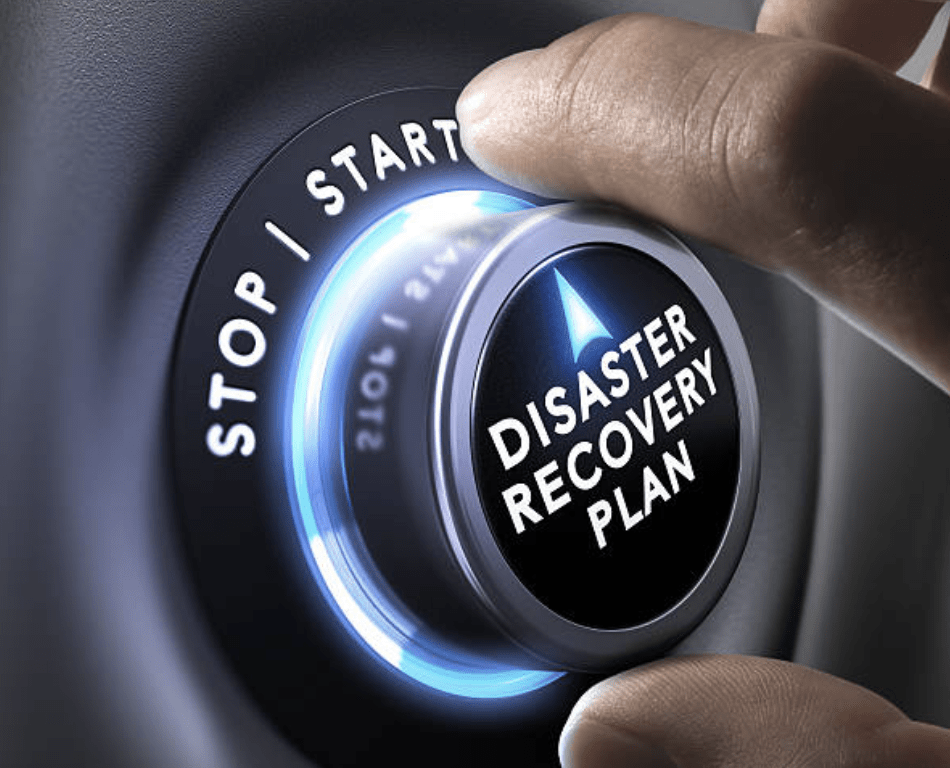Managing a crisis begins many weeks and months before a crisis begins.
While not all crises can be predicted, understanding the difference between an issue and a crisis, contemplating all of the risk that your brand faces and preparing and planning for these can help ensure you aren’t caught flat-footed should the worst happen.
Equally, your task is not done once the immediate crisis has passed. There are hard won reputations to repair and the trust of important stakeholders to regain.
Here are the four phases of a crisis that your need to consider.
- Readiness
- Response
- Resolution
- Recovery
Readiness
Pre- crisis preparedness is arguably the most important of the 4 Rs. This is where you should to spend the most time – it pays off in the long run.
During this phase you should assess all the risks to your brand reputation and plan for how to respond. Key to this will be creating an Issues Register outlining potential scenarios in relation to risk areas and guidelines for responding to such events.
Obviously, not all eventualities can be planned for, however you should prepare for a range of potential risk scenarios and adapt its responses as appropriate.
Identifying your key stakeholders, the people who may be affected by a crisis, or have an interest in the situation is a vital component of this phase.
Ensure you have established your communication protocols and procedures for managing media, interview requests, internal communication across your organisation as well as your customers.
Don’t forget to establish protocols for key stakeholders such as emergency services, police, local hospitals and regulators. Often these agencies may be taking the communications lead during a crisis, so it’s important to know who speaks in these situations, and when.
During this phase you should also be drafting holding statements, internal and external messages and Q&A for arising issues. Speech notes and/or scripts for internal meetings come in handy, as well as agreed content, digital positioning and Q&A for use on social channels.
Consider running crisis simulation training during the Readiness Phase.
This will allow you to test your crisis response in a ‘live fire exercise’ to determine where are you vulnerable. It will help you to identify the gaps in your planning, your protocols, and your training, as well as where you need to up your capacity to respond.
Response
A crisis has broken and you have to respond.
This is when all of the planning and crisis simulations done during the Readiness Phase pays off.
When a crisis hits, it is rarely during office hours when everyone is available.
Activate your Crisis Management Plan as required and brief your Crisis Response Teams. Everyone should be well trained by this point, with each team member understanding their roles, responsibilities and communication protocols.
Speed and timing are key when a crisis hits. Identify areas of concern early. Information may initially be fragmented and confused so it is an absolute priority to collect and distribute facts. Understand that the information vacuum will be filled. Be accurate, but also be honest about what you know and don’t know, correct rumours and commit to providing updates when you know more.
During the Response Phase it is also vital to remember that facts are important, but emotions are powerful. Your response must show concern and action.
Ask yourself or your team:
- Who is affected and how?
- What is being done about this?
When the emotion in a situation that plays out in the court of public opinion, merely stating facts may not be enough.
Correct rumours and commit to providing updates. Understand that the information vacuum will be filled. Responding early (and often) can help you set the agenda and frame the crisis.
When a crisis hits, the media are not the enemy – rather they are an opportunity to get your key messages out there. Recognise that there are no secrets anymore, you will be found out eventually, and that transparency is the key.
Resolution
The immediate post-crisis phase where you start rebuilding your reputation and making amends, keeping stakeholders informed and demonstrating what you have learned from the crisis.
During this phase your stakeholders and the community will be learning why the incident happened and what/who caused the event to occur.
There may even be official investigations, internal audits and findings released.
There may be continued media and stakeholder interest in what happened, particularly if there is human interest.
- Who has been affected?
- Who continues to be affected by what happened?
You may need to respond to analysis of impacts, compensation claims, legal action and/or fines
This phase should also start a period of introspection. This is where you will start to demonstrate evidence of learning and change.
- What have you learned?
- What is being done differently?
- What has changed?
The Resolution Phase can also be a trigger for further Responses, but if managed well can set you up for the Recovery Phase.
Recovery
This is the long-term process of recovering from a crisis where you need to rebuild trust and credibility over time.
Keep your key stakeholders updated on your progress and keep communicating. Be sure to deliver all information promised as soon as it is known.
Here you will be continuing to reinforce evidence of learning and change. Have you really learned from what happened and made the necessary changes, or have you returned to business as usual?
Most importantly, how will ensure that your stakeholders know this?
It is important to remember that during any crisis situation you can advance and then slip back into a previous phase depending on how the situation unfolds.
As the crisis develops, you can go from Resolution or Recovery right back to Response. These can be triggered by things like further incidents, or happen weeks or months later once the results of investigations are in, a court case comes up, or a whistle blower goes to the media.
Don’t be afraid to ask for help
Elevate Communication is well placed to manage any issues or crises which arise. If you want to protect your interests against potential crises, talk to the experts.
Our senior team has more than 35 years’ experience providing advice on managing external threats and internal crises, working with media trainers, as well as social media and media monitoring services.
We specialise in asking the tough questions and managing issues before they become a crisis.







